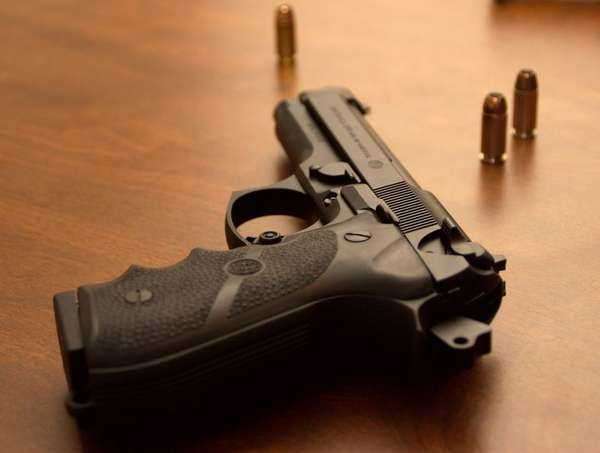Gunsmith Role And Responsibility

A gunsmith as a professional is involved in the creation and upkeep of firearms, and as such is required to hold knowledge and expertise in a number of areas of craft.
Gunsmiths can work in a number of different employment settings, including companies involved in the initial manufacture of guns, large-scale organizations, such as military groups, which depend on the ability to use guns, and settings where gun sales and purchases can take place. Gunsmiths are generally expected to possess expertise in such areas as mechanics and metalworking.
The profession of gunsmithing is generally held to be set apart in one way through the requirement that a practitioner possess these various forms of knowledge. In contrast to a gunsmith, the duties of gunsmiths may also be provided by the similar but less wide-ranging profession of an armorer.
Gunsmithing involves a degree of independence in the ability by gunsmiths to provide for the customization of firearms. An armorer, unlike a gunsmith, will be tasked to assembling firearms according to specifically laid-out guidelines and from parts provided for specific purposes.
Gunsmithing in the context of the United States comes under the legal, supervisory heading of the Bureau of Alcohol, Tobacco and Firearms. In this regard, U.S. gunsmiths must go through a process of registration and licensing with the ATF in order to practice gunsmithing legally, as will be granted through a Federal Firearms License, available, following inspection, for a $200.000 fee, as must be renewed after every three years. Local gunsmith statutes in effect may vary greatly.











